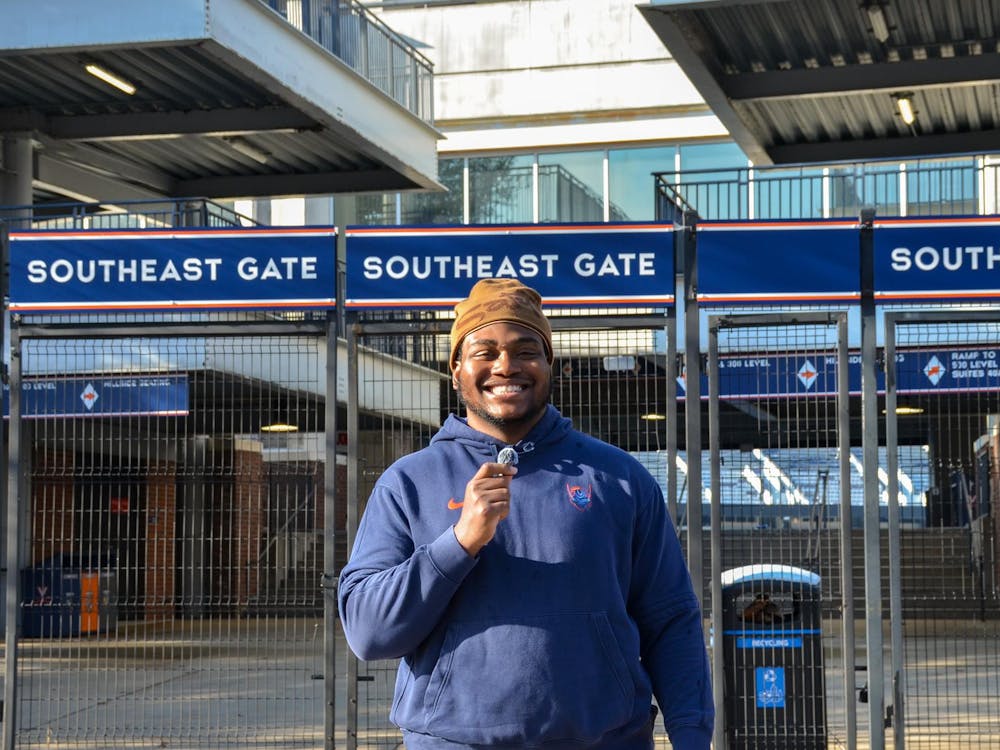I am thankful the lights are incredibly dim in Boylan. The darkness hid my crimson-flushed face after I was royally called out for being a know-it-all.
I was catching up with friends my first night back at the University, eating curly fries and talking about majors, when the conversation turned to the Barnes Foundation’s art collection in Philadelphia and a class my friend took on the Dutch masters. Vermeer was brought up, and — with a slight smile — my friend asked if anyone had read the book “Chasing Vermeer.” Hastily, I said, “No, but I’ve heard of that!” and continued to act like I knew what the book was about.
But my overeager declaration had totally shattered my friend’s joke. He was referring to a common elementary school book, and he floundered on how to make me feel comfortable about the fact I pretended “Chasing Vermeer” was an adult non-fiction.
In my defense, I really did think the title was connected to a book I had heard of about the Vermeer art forgery. Somewhere in the back of my mind, it vaguely rang a bell, and I jumped at the opportunity to join in the conversation and, ultimately, be seen as knowledgeable. However, I learned humility through embarrassment and — at least for the rest of the weekend — I was hesitant to proclaim knowledge on unfamiliar subjects.
Then classes started. Within two days, the readings piled up and I entered the first discussions of the semester prepared to participate with only half my assignments finished. I found myself constantly wondering if everyone around me was in the same boat. So in an attempt to settle the internal debate of “to read or not to read,” I decided to go to third floor Clemons for some empirical research, and asked roughly 54 people if they planned on doing all of their assigned reading. After looking down at their stacks of printed PDFs, glowing screens and haphazardly strewn textbooks, not a single person could return my eye contact and respond with an honest “yes.”
I followed-up by asking how they manage to slide through seminars. Some claimed they have skimming down to an art — “Read the introduction and conclusion in full and then skim the first and last paragraphs of each chapter,” explained one student. Others said they would simply wade straight through what they could until sleep or socializing demanded their attention. Everyone spoke in hushed tones, as though they were divulging a secret too scandalous for anyone else at their table to know. Whispering through wry smiles, some even looked proud of their ability to do well in school without actually doing the readings.
“Here’s the key,” a smug student told me. “When a teacher asks for a term to be defined, stay quiet. The kid who actually read will answer and the teacher won’t be impressed because he’s just regurgitating the reading. Remember what their answer was and when the professor asks for that point to be built on, you can use the other kid’s comment to provide B.S. analysis. That’s the kind of ‘higher level thinking’ they’re looking for. Trust me, it works.”
It’s distressing that, based on my shoddy qualitative analysis, the majority of University students show up to discussions and seminars unprepared to receive participation points. In an ideal world, everyone would be well-read and well-rested so those sections could be as productive as possible. However, the fact of college is that there isn’t enough time for everything. There never has been and there never will be. We all know this, so we find shortcuts and cheats to minimize workloads while ensuring our weekly Collab reading response is salient — or at least coherent — and believable.
But this isn’t what bothers me — mostly because I often fall into the same camp as those 54 kids in Clemons. What bothers me is that we pretend we did all our reading, made it to that party on Grady and managed to eat a full breakfast the next morning.
We act like we need to know everything. We lament the loss of sleep and compare under-eye bags as trophies won for being involved and caught-up. But we hesitate to lean in and whisper the truth: that all we’ve really mastered is the art of overextension.
So this is me raising my voice — a little louder than a whisper — to say if you are feeling overwhelmed, drowning in too much work and chastising yourself for not doing it all, take heed: the most successful people I know don’t have it all together either. I’m just letting you in on their secret.
Lauren’s column runs biweekly Fridays. She can be reached at l.jackson@cavalierdaily.com.







